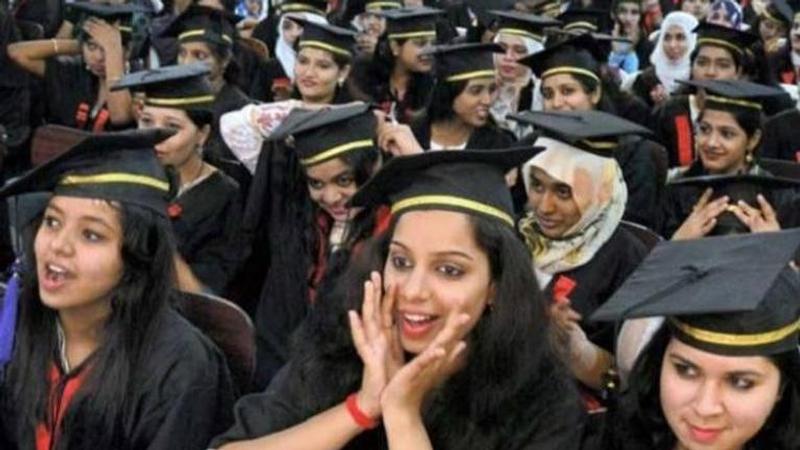Published 10:47 IST, August 8th 2019
India the crucible for innovative ideas that can help leap-frog women's empowerment: UN official
India is the crucible for innovative ideas which can be shared with other developing nations to implement changes that leap-frog women's empowerment and equality for generations ahead, Anita Bhatia, the newly-appointed Deputy Executive Director of UN Women, has said.

India is the crucible for innovative ideas which can be shared with other developing nations to implement changes that leap-frog women's empowerment and equality for generations ahead, Anita Bhatia, the newly-appointed Deputy Executive Director of UN Women, has said.
UN Secretary-General Antonio Guterres last month appointed Bhatia as Assistant Secretary-General for Resource Management, Sustainability and Partnerships and Deputy Executive Director of the United Nations Entity for Gender Equality and the Empowerment of Women (UN Women). Bhatia is the senior-most Indian woman in the UN system in New York.
"Because of its size, India is really the crucible for so many ideas and for the implementation of new and innovative approaches," Bhatia told press in an interview here.
Bhatia said India has implemented several measures and policies towards ensuring women's economic empowerment such as the National Rural Employment Guarantee Act 2005 and The Maternity (Amendment) Bill 2017.
"These are good (policies) and we need to just build on them and come up with innovative and new ways of connecting women, may be using mobile technology and digital interventions to implement leap-frog changes so that it is not just one step at a time but you are jumping many generations forward through technological interventions," Bhatia said.
She stressed that India is a "crucible of innovation" and one often sees things and ideas being developed there that can really serve other parts of the developing world and help enhance economic opportunities for women. Bhatia, who assumed her duties on August 1, is the senior-most Indian woman in the UN system in New York, home to the world body's headquarters. Bhatia has had a distinguished career at The World Bank Group, serving in various senior leadership and management positions. She brings extensive experience in the area of strategic partnerships, resource mobilization and management.
She added that Indian women are succeeding on many levels across sectors and the most important thing for women is to have security, safety, protection against domestic violence as well an opportunity to earn a fair living wage. UN Women, which already has strong partnerships with the Indian government, will be further looking to enhance collaborations with the Narendra Modi government to see what are the more innovative approaches that can be tested. Together that will allow us to achieve some of these leap-frogging changes.
Bhatia underscored that she is a strong believer in looking for locally-grounded innovation to grow. My dream would be the things that we come up with in India, we can pilot and take to other parts of the world because then you reduce the learning curve for other places and you can have sharing of ideas between the developing world. We have answers at home and we should be looking for those models of things that work and scale those up.
"India can be a crucible for learning and development of how to do things that make a big difference, she said.
She also stressed that girls' education is the single most important tool for change.
"Investment in human capital of girls and women, that is very critical because investing in this human capital can really change the society." she added
Noting that women are a disproportionately large part of the informal sector, Bhatia said there is a need to find more ways to bring women out of the informal sector or to support them in the informal sector and move them to the formal sector.
"I personally think that a focus on women's economic empowerment is very important. Activities that can create jobs and that can allow women to stand on their own two feet are very important, obviously in the context of the overall poverty rates in India."
She highlighted the need to have policy interventions to enhance their labour force participation. "India has one of the lowest female labour force participation rates in the world - at 27 per cent in 2018. That needs to change. We need to see more women engaged in the labour force, she said.
"People should feel the impact of the change of the laws that we want to push that help put women on an equal footing," she said.
Updated 15:18 IST, August 8th 2019




